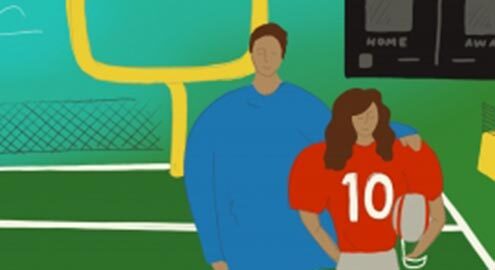Evidence That It Works
Studies find that pursuing one’s purpose is associated with psychological well-being. For example, compared to others, people with purpose report they are happier, more satisfied with their lives, and more hopeful about the future.
For teens, purpose is related to indicators of academic success, such as grit, resilience, and a belief that one’s work is feasible and manageable.
Why Does It Matter?
In spite of the benefits, only about 20% of adolescents lead lives of purpose. Granted, the developmental task of teenagers is to discover who they are (identity) and what they want to accomplish that benefits the world (purpose); however, students who have a sense of purpose or are actively looking for one are propelled by a personally meaningful and highly motivating aim—they know what they hope to achieve and how academics can help. Hence, they are more likely to work hard and excel in school.










Comments